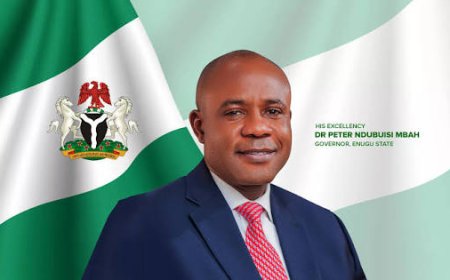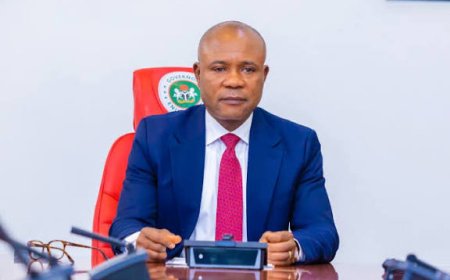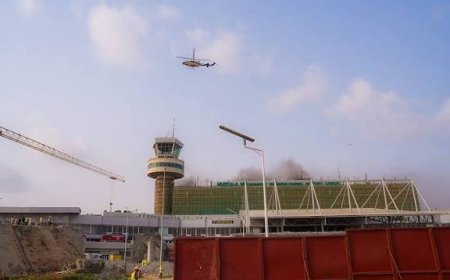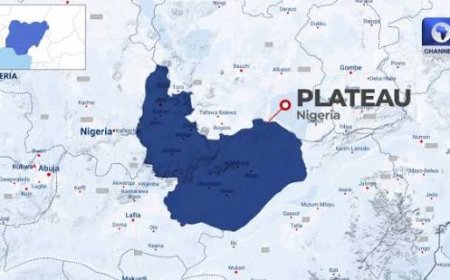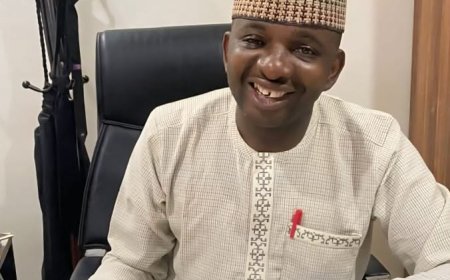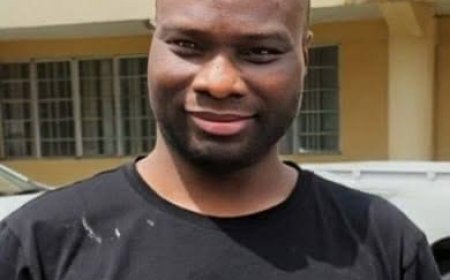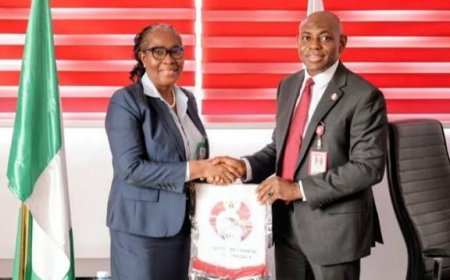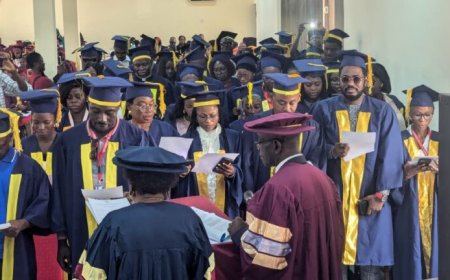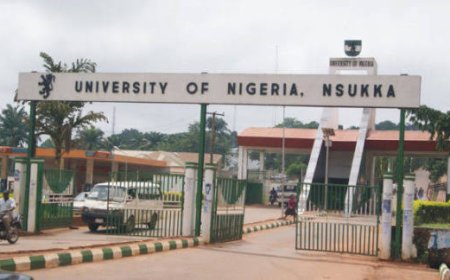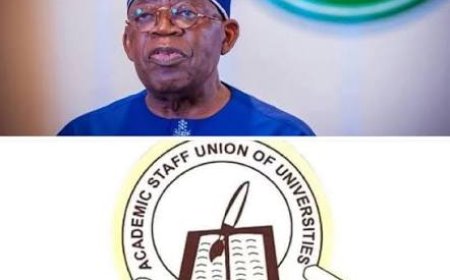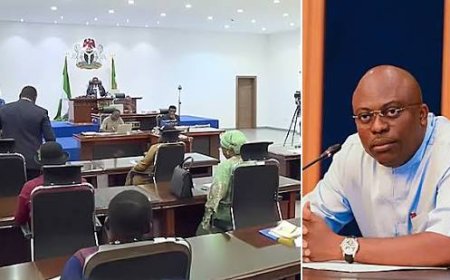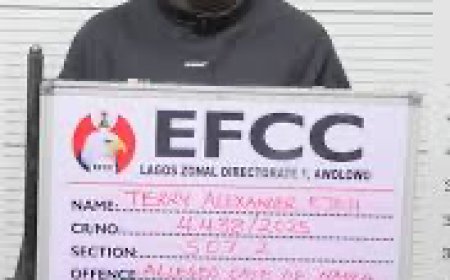How Omotosho's Jurisdictional Error Effectively Ended The Case Against Mazi Nnamdi Kanu
The recent ruling by Justice James Omotosho of the Federal High Court, Abuja, rejecting Mazi Nnamdi Kanu’s no-case submission does not bolster the government’s prosecution—it fatally undermines it.
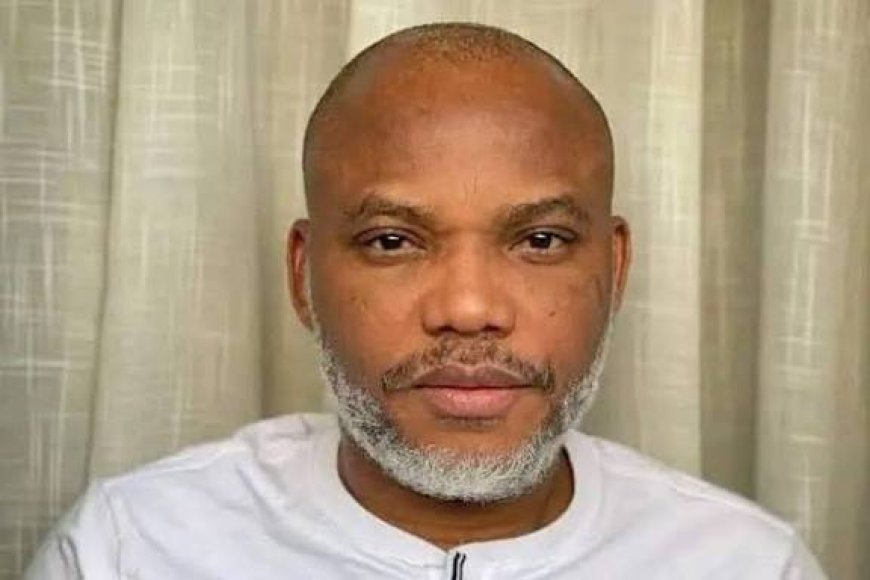
By Njoku Jude Njoku Esq
The recent ruling by Justice James Omotosho of the Federal High Court, Abuja, rejecting Mazi Nnamdi Kanu’s no-case submission does not bolster the government’s prosecution—it fatally undermines it. By proceeding under the repealed Terrorism Prevention (Amendment) Act 2013 (TPAA 2013) and failing to take judicial notice of its repeal by the Terrorism (Prevention and Prohibition) Act 2022 (TPPA 2022), Justice Omotosho has disregarded a binding Supreme Court precedent: NNPC v. Fawehinmi (1998) 7 NWLR (Pt. 559) 598. The apex court held unequivocally: “Failure to take judicial notice of a law or its repeal, where such notice is mandatory, vitiates the proceedings.” This ruling is not merely flawed—it is legally void, collapsing the government’s case against Mazi Nnamdi Kanu, already weakened by issues of extraordinary rendition and international law violations.
The Fatal Jurisdictional Error
Section 122 of the Evidence Act 2011 mandates courts to take judicial notice of all laws and their repeal without prompting from either party. Justice Omotosho ignored the repeal of TPAA 2013, effective under TPPA 2022 (assented May 12, 2022). Per NNPC v. Fawehinmi, this omission vitiates the proceedings, stripping the court of jurisdiction and rendering all subsequent rulings null and void. This is no minor oversight; it is a jurisdictional collapse. A court lacking jurisdiction cannot lawfully try anyone, regardless of the allegations. This error exposes the trial as a legal nullity from its inception under Omotosho’s watch.
Why the Savings Clause Cannot Rescue the Government
Section 97 of TPPA 2022 contains a savings clause preserving “ongoing cases in the courts” in force at its commencement. While Kanu’s case was active on May 12, 2022, the Court of Appeal’s discharge order on October 13, 2022, severed it for 14 months until the Supreme Court’s remittal on December 15, 2023. A discharged case ceases to be “ongoing,” breaking the continuity Section 97 requires. The Supreme Court’s remittal restored the trial process but did not—and could not—revive jurisdiction under a repealed law. Nigerian jurisprudence, notably Okafor v. Nweke (2007) 10 NWLR (Pt. 1043) 521, affirms that actions founded on non-existent statutes remain nullities, even post-remittal. The charges’ legal validity at reinstatement (December 2023) hinges on their alignment with TPPA 2022’s provisions—a step Omotosho failed to verify, leaving the prosecution ungrounded.
The Government’s Prosecution Is Legally Unsustainable
This lethal combination of errors—prosecution under a repealed statute, failure to take judicial notice of its repeal, and a 14-month break in continuity after discharge—renders the government’s case legally dead. No judicial acrobatics or interpretative maneuvering can salvage it. Even if the trial proceeds, it bears the indelible stain of jurisdictional nullity and a violation of Section 36(8) of the 1999 Constitution, which prohibits criminalizing acts under laws not in force. Any conviction secured on this basis will be struck down on appeal, domestically or before international bodies like the ECOWAS Court or the African Commission on Human and Peoples’ Rights.
The Path Forward
Justice Omotosho’s ruling has not advanced the government’s case—it has crippled it. By overlooking the repeal of TPAA 2013, disregarding NNPC v. Fawehinmi, and failing to address Section 97’s limitations, the court has stripped itself of jurisdiction. The Nigerian government now faces a stark choice: cling to a legally untenable prosecution, risking further embarrassment, or embrace a political resolution with Mazi Nnamdi Kanu. Negotiation is not just the wiser path—it is the only lawful and sustainable option remaining. The time for justice is now.
What's Your Reaction?














